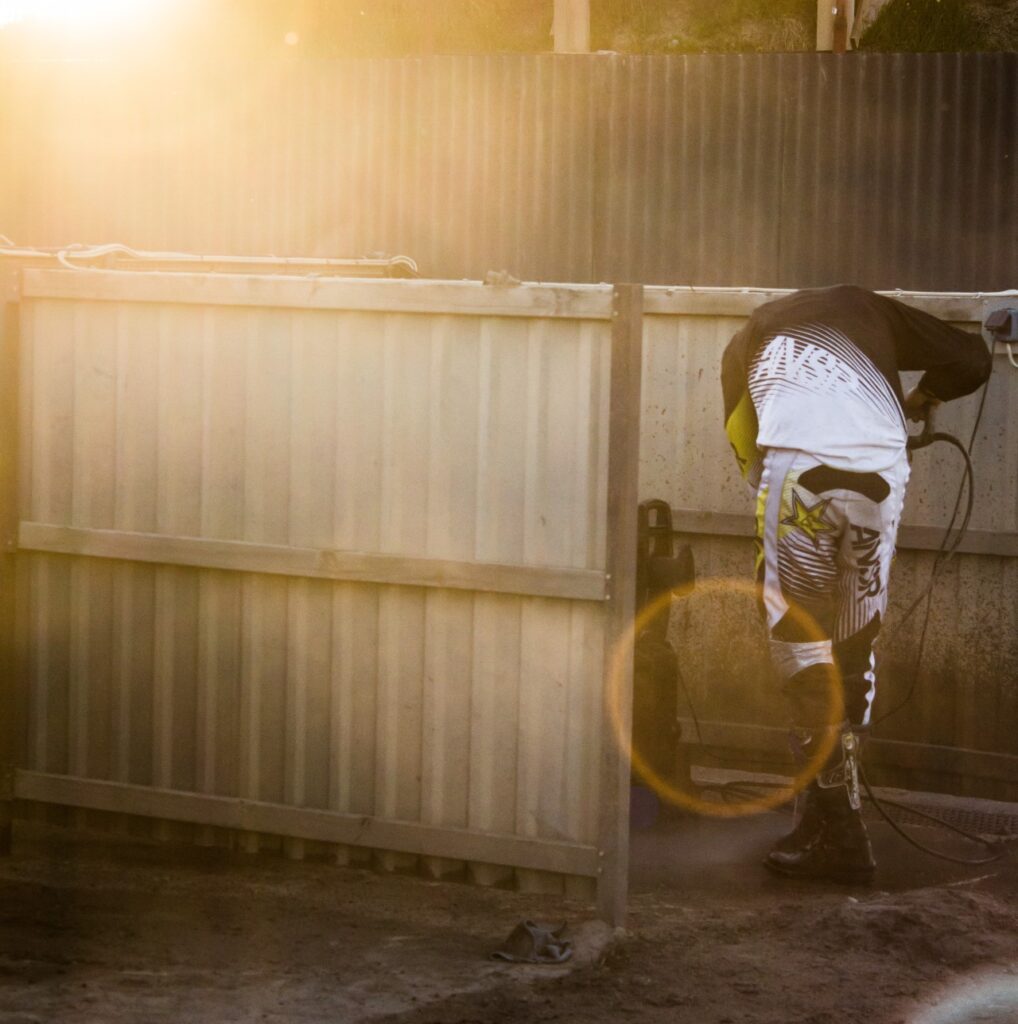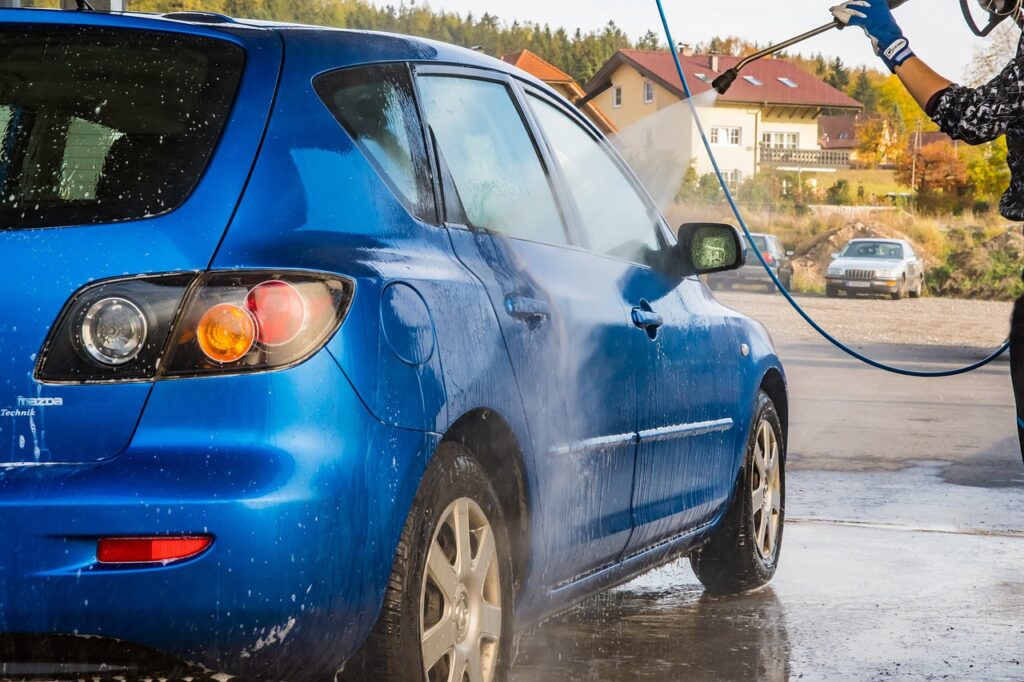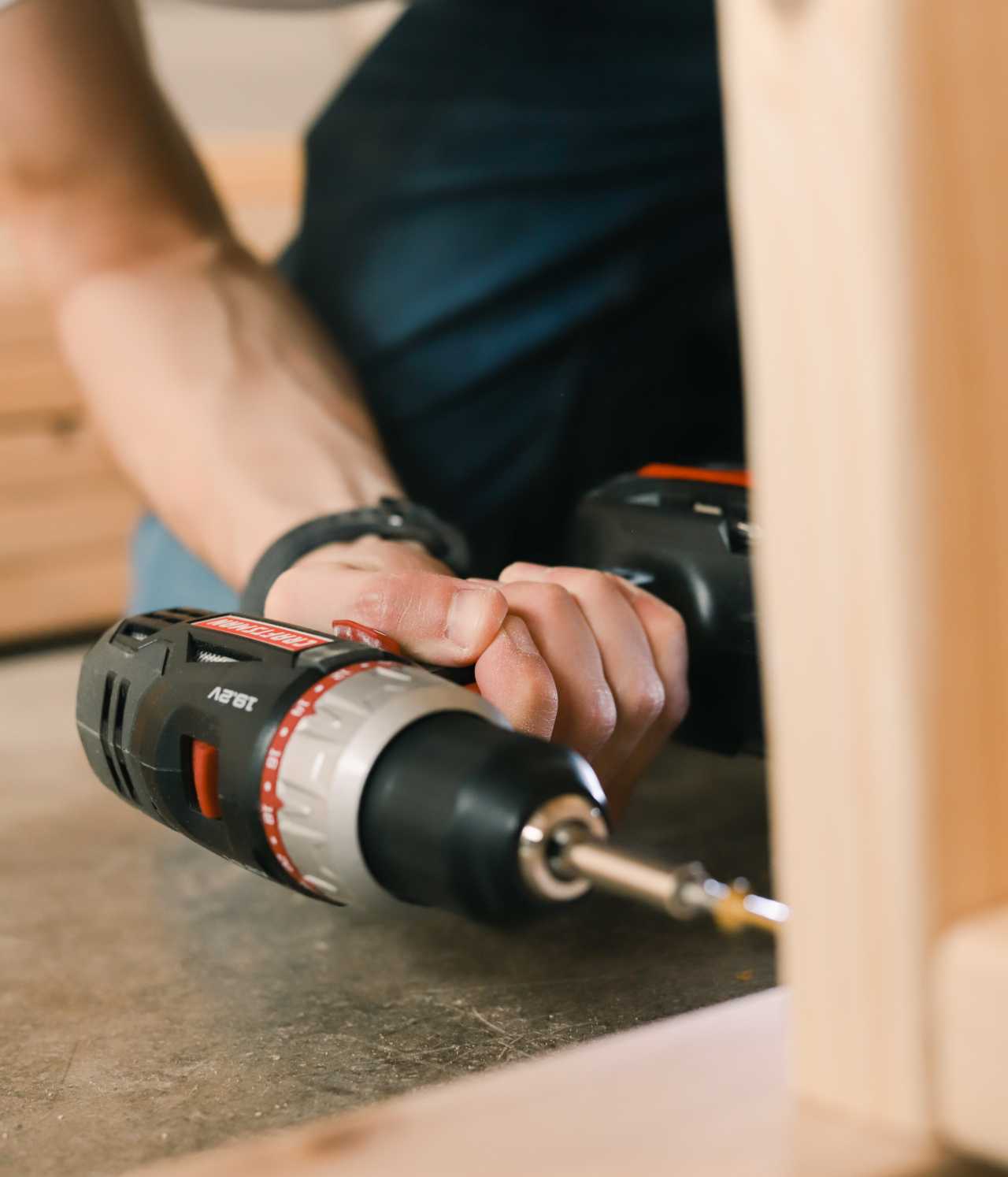
Does Pressure Washing Increase Your Water Bill? No, it doesn’t. Here’s Why!
Does Pressure Washing Increase Your Water Bill? No, it doesn’t. Here’s Why!
Table of Contents
If you own a house, you probably already know that pressure washing is an efficient way to clean various surfaces like driveways, sidewalks, and home exteriors. While some hire others to do it for them, many tend to do it themselves. But with increasing water rates and environmental concerns, homeowners often wonder, “Does pressure washing increase my water bill?”
In this article, I’ll explore how pressure washing affects your water bill and provide some tips on managing water usage while keeping your property clean. I’ll also cover water usage and costs related to pressure washing and compare them with traditional cleaning methods.
For those, who want a quick answer about whether pressure washing increases their water bill, the short answer is no, it might actually save you some money. But read on to find out why I think this way.
Water usage and costs related to pressure washing
One of the most common concerns among homeowners is whether pressure washing increases their water bill. To answer this question, it is important to understand the factors that contribute to water usage and the costs associated with power washing.
During pressure washing, the amount of water used can vary depending on several factors such as the flow rate, nozzle type, and cleaning duration.
Water Usage Between Pressure Washing and Regular Washing
When comparing water usage between pressure washing and regular washing, it’s important to consider efficiency. A typical garden hose uses about 10 gallons of water per minute (GPM) at 50 PSI (pounds per square inch) pressure. In contrast, a residential pressure washer uses approximately 1.5 to 2.5 GPM at around 1,300 to 2,800 PSI. However, commercial pressure washers may use anywhere from 2 to 10 GPM or more.
While pressure washers use less water per minute, their higher pressure effectively removes dirt and grime, often reducing the time required to clean surfaces. As a result, pressure washing can be a more water-efficient option compared to regular washing, especially for larger cleaning tasks like driveways or home exteriors.
So, if you’re aiming to complete a task, like cleaning a driveway or another big surface, I’d say that the pressure washer might actually save you some money on your water bill compared to using a garden hose. Sure, the cheapest option would be a bucket of water and a scrub, but I don’t think anyone here is willing to spend that much time on cleaning.
To minimize the impact on your water bill, consider using water-saving techniques during pressure washing and paying attention to factors that influence water usage. By incorporating best practices and choosing the right equipment, you can enjoy the benefits of pressure washing without significantly increasing your water bill.

Tips for Saving Water While Pressure Washing
Throughout my time using pressure washers, I’ve picked up some practical tips for conserving water during the process:
- Choose the right nozzle: Selecting a nozzle with a narrower spray pattern can help reduce water usage without sacrificing cleaning power.
- Plan your cleaning: Organize your cleaning tasks to minimize downtime and avoid wasting water between jobs. This can also help shorten the overall cleaning duration.
- Use a pressure washer with a flow rate control: Some models allow you to adjust the water flow, enabling you to use only the necessary amount for each task.
- Sweep or pre-clean the area: Removing loose debris and dirt before pressure washing can help reduce the time and water needed for the job.
By incorporating these tips and paying attention to the factors that affect water usage, you can enjoy the benefits of pressure washing without significantly increasing your water bill.
Do pressure washing companies use your water?
Yes. If you’ve ever used a power washer yourself, you know that it needs to be connected to a local water source. If you hire a pressure washer company or someone else to pressure wash for you, they will expect an available water source connection at your property. So, hiring someone else will not save you money on your water bill.
Cost of Pressure Washing Services
Here are some quick stats for those who are considering hiring someone to pressure wash their property.
How much does it cost to pressure wash a house?
How much does it cost to pressure wash a driveway?
How much does it cost to pressure wash a deck?
Pressure washing a standard-sized deck generally falls between $150 and $350. Prices depend on the size and material of the deck, as well as the amount of dirt or mildew present.
How much does it cost to pressure wash a fence
For fence pressure washing services, homeowners can expect to pay between $100 and $300. The cost depends on the length, height, and material.
Obviously, you also must take into account the area you live in as the service price can vary quite a bit depending on the state or province you live in.
While hiring a professional for pressure washing services can be more expensive, it’s important to consider the benefits of using an expert. With an average water usage of 2 GPM, doing the job yourself might be cheaper in terms of water costs. However, you’ll need to factor in the expenses related to purchasing or renting equipment and the time and effort involved in completing the task.
Additionally, professional service ensures a thorough and efficient cleaning, reducing the risk of potential damage to your property. I am in no way suggesting you can or should not do it yourself, only saying that sometimes it’s better to get someone else to do it for you, spending that time on more valuable activities.
Efficiency and Techniques in Pressure Washing
In this section, I want to introduce you to a few pressure-washing techniques that can help lower your water bills while still achieving great results.
- One effective way to save water is by using the appropriate nozzle size for the task at hand. A narrower nozzle will provide a more focused, high-pressure stream, which is ideal for stubborn stains and grime. A wider nozzle, on the other hand, will deliver a gentler spray, which is great for cleaning delicate surfaces without causing damage.
- Another technique to enhance efficiency is pre-treating surfaces with a cleaning solution before pressure washing. This helps to loosen dirt and grime, making it easier to wash away with less water and effort.
- Adjusting the gallons per minute (GPM) on your pressure washer can also improve efficiency. Increasing the GPM allows for a greater volume of water to be used, which can lead to faster cleaning and less time spent on the job. However, it’s essential to find a good balance between higher GPM and water conservation, ensuring optimal performance without too much waste.
- Lastly, one of the easiest, yet often overlooked tips for pressure washing is to work systematically in sections. Instead of randomly spraying water across the surface, divide the area into smaller sections and clean them one at a time. This methodical approach ensures thorough cleaning while minimizing waste. Additionally, it helps you maintain a consistent cleaning pattern and avoid overlapping, which can save both time and water in the long run.
Join The Ride
Subscribe to our occasional newsletter with the best power tool deals and how-to guides
